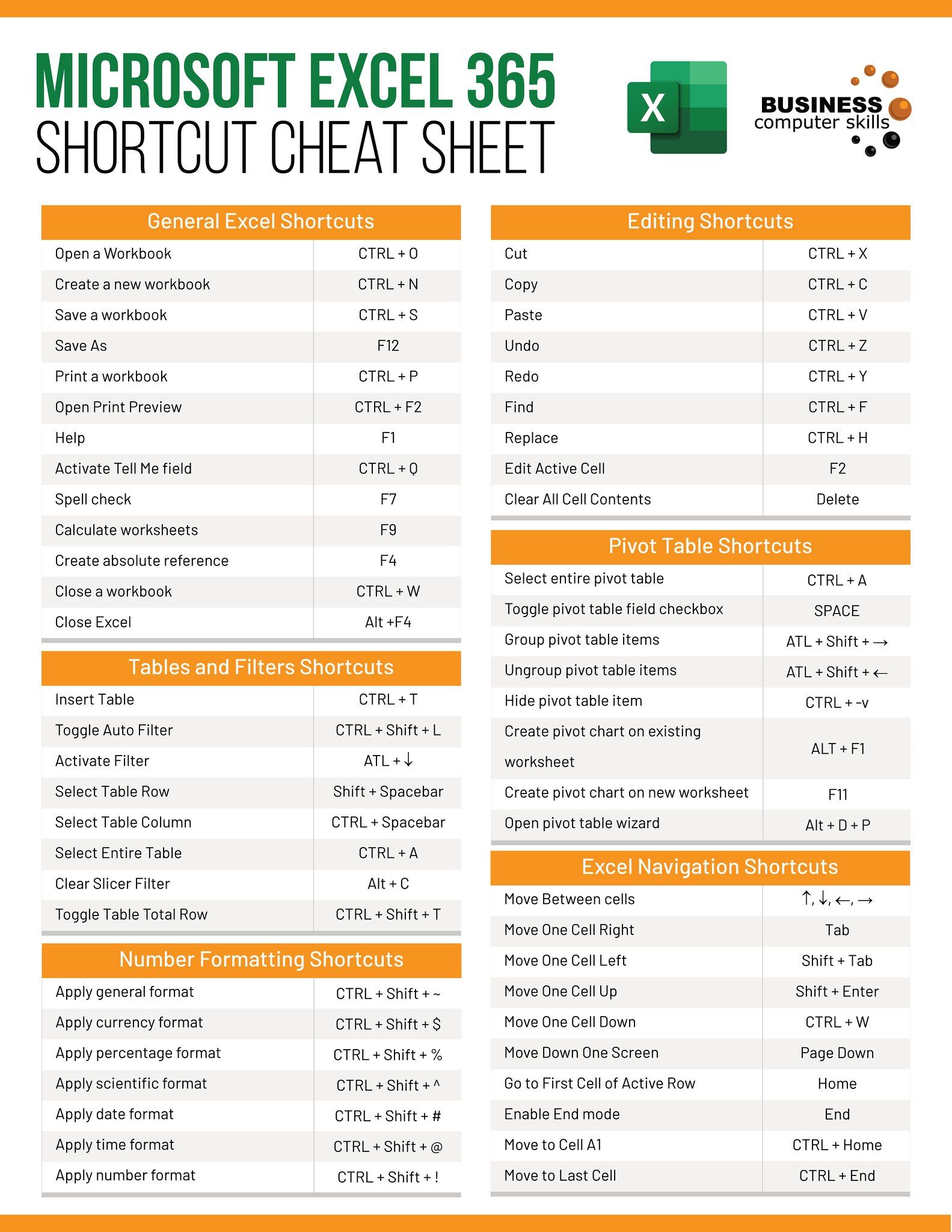Secure Your LLC Documents: A Simple Guide

Starting an LLC can be an exciting yet complex journey, particularly when it comes to the critical step of securing your Limited Liability Company (LLC) documents. This guide will walk you through the steps, best practices, and tips to ensure your business documents are well-protected.
Understanding the Importance of Document Security

Securing your LLC documents isn’t just about keeping physical papers safe; it’s about safeguarding your legal standing, protecting sensitive information, and ensuring the smooth operation of your business. Here’s why it’s crucial:
- Privacy Protection: LLC documents contain personal and business information that can be misused if it falls into the wrong hands.
- Legal Defense: In case of legal disputes, having secure, verifiable documents is your first line of defense.
- Compliance with Law: Failing to secure documents can lead to non-compliance issues with state and federal laws, potentially resulting in fines or loss of LLC status.
- Operational Efficiency: Proper organization and security streamline business processes and decision-making.
Step-by-Step Guide to Securing Your LLC Documents

1. Identify Your LLC Documents

The first step is to understand what documents need securing:
- Articles of Organization
- Operating Agreement
- Business Licenses and Permits
- Employee and Independent Contractor Agreements
- Tax Documents
- Financial Records
2. Choose Secure Storage Solutions

Consider the following storage options:
- Physical Storage: Use fireproof safes or locked cabinets.
- Digital Storage:
- Cloud Storage: Services like Google Drive, Dropbox, or OneDrive offer secure encryption and backups.
- Local Storage: Secure with strong passwords and use encryption software like VeraCrypt.
- Hybrid Approach: Store sensitive documents locally with secure backups in the cloud.
3. Implement Security Measures

After choosing your storage solutions, here’s how to secure them:
- Physical Security:
- Ensure restricted access to storage areas.
- Install security systems like alarms or surveillance cameras.
- Digital Security:
- Use strong, unique passwords for all accounts.
- Enable two-factor authentication.
- Regularly update software to patch security vulnerabilities.
- Encrypt sensitive documents, especially when stored digitally.
4. Organize Your Documents for Easy Access and Retrieval

A well-organized filing system ensures you can quickly access documents when needed:
- Digital Organization: Use folder structures, naming conventions, and metadata for easy document search.
- Physical Organization: Use binders, filing cabinets with labels, or color-coded systems.
5. Regular Maintenance and Updates

Make sure your security systems and documents are up-to-date:
- Conduct regular security audits.
- Ensure documents are updated when laws change or business structure evolves.
🛡️ Note: Always check local regulations on the retention period for different types of business documents to avoid legal issues.
By following these steps, you ensure your LLC documents remain secure, organized, and accessible, reducing risks and enhancing your business's legal and operational integrity.
Frequently Asked Questions

How often should I update my LLC documents?

+
While there is no set frequency, it’s advisable to review and update documents at least annually or when there are significant changes to business operations or law.
What should I do if my LLC documents are lost?

+
Recreate what you can from backups or obtain replacements from state offices. Consider implementing stricter security measures to prevent future losses.
Are electronic signatures on LLC documents legally binding?

+
Yes, electronic signatures are legally binding in most jurisdictions, provided they comply with the relevant electronic signature laws.
In summary, securing your LLC documents involves a strategic approach to both physical and digital storage, employing best practices in security, and maintaining an organized system for easy access. By taking these steps, you protect your business from potential legal and financial risks while ensuring efficient management of important records.



